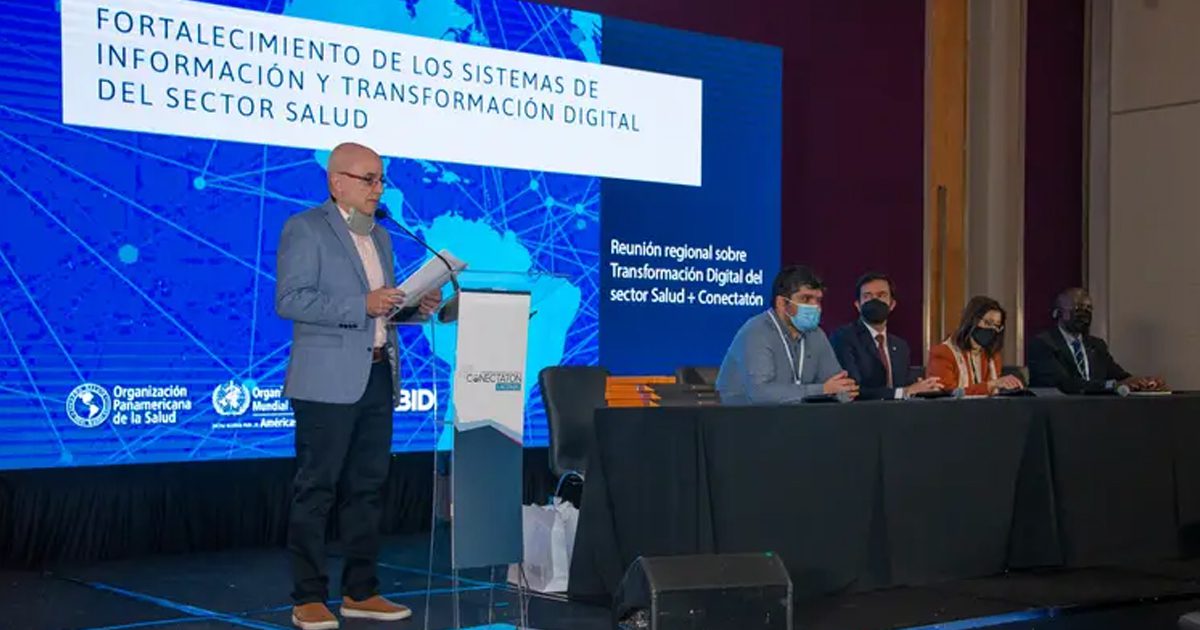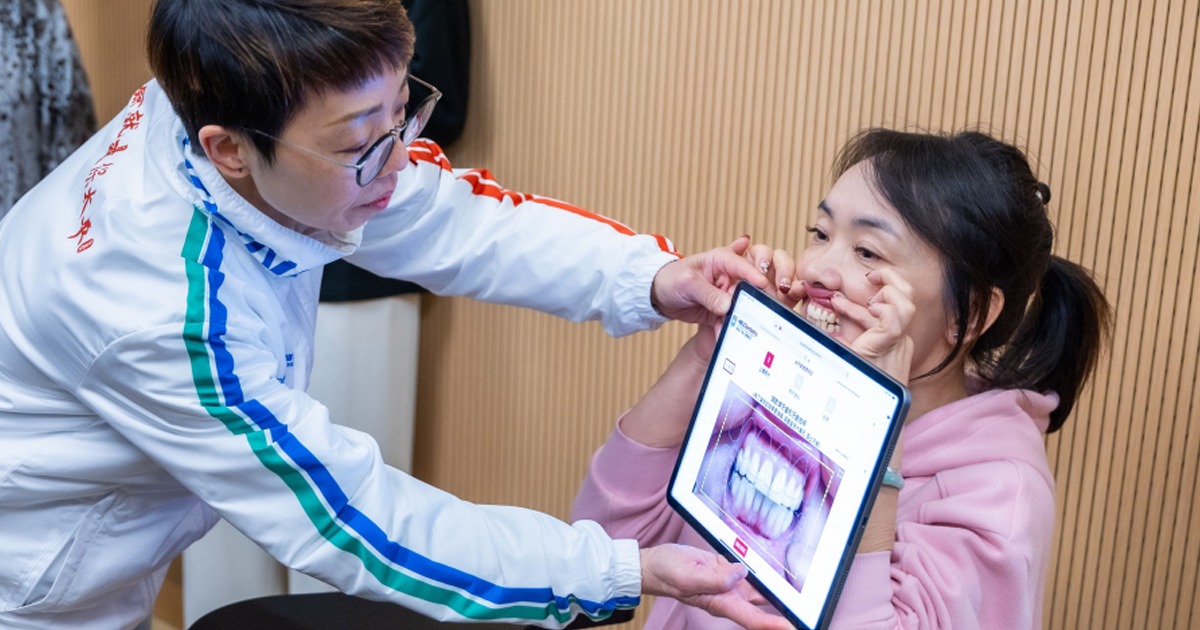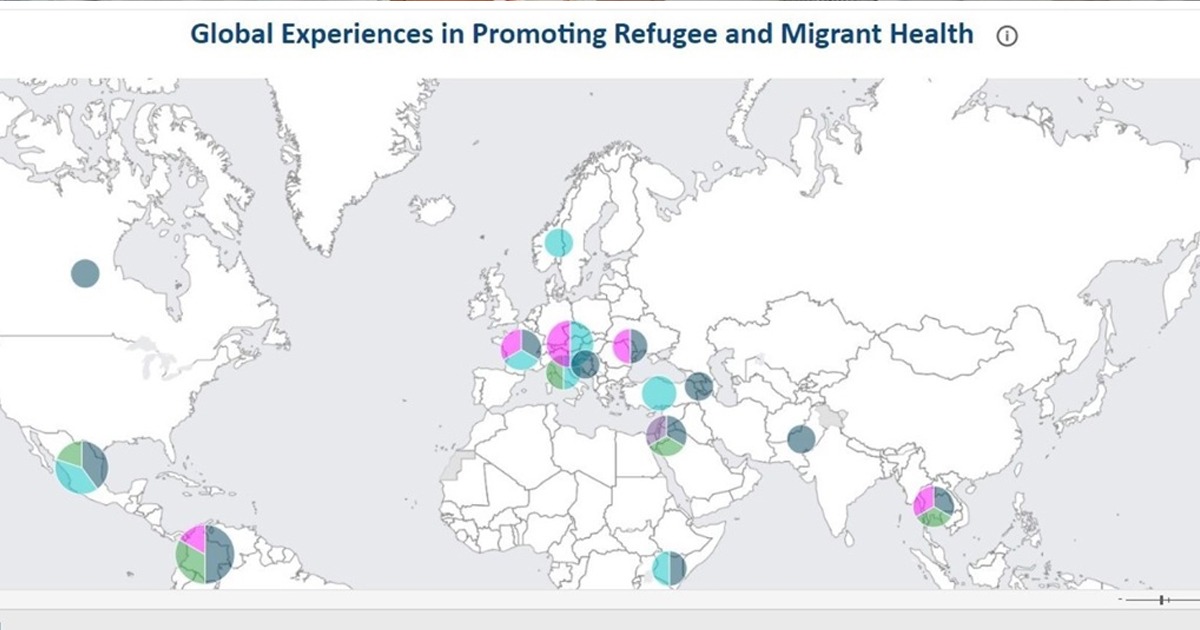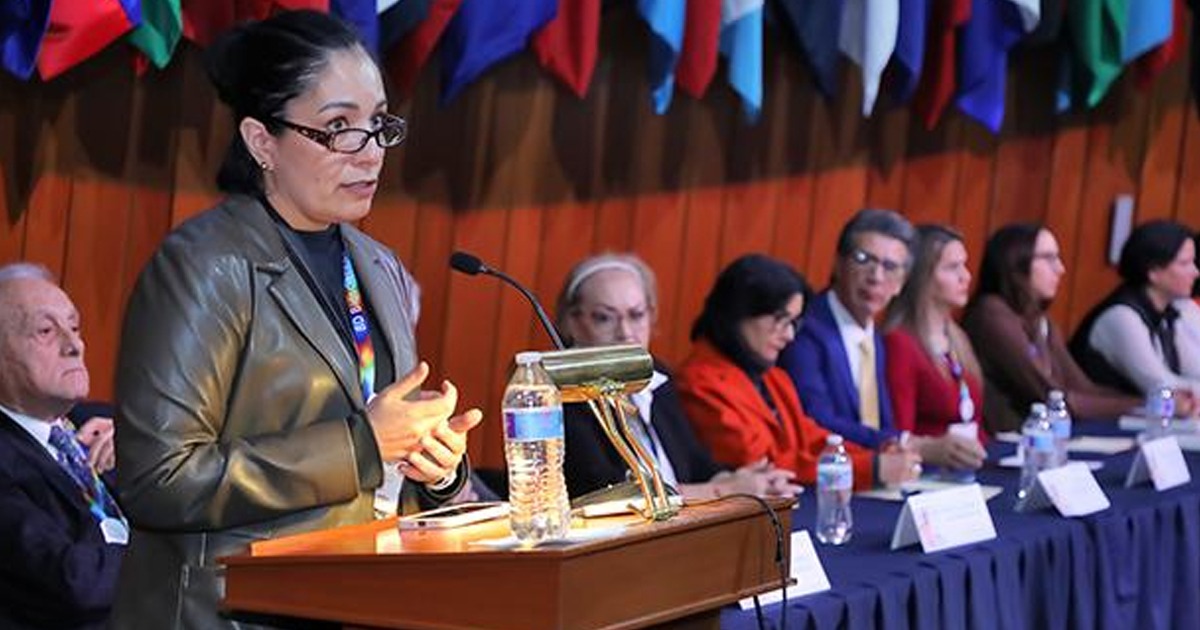The Pan American Health Organization is planning the implementation of a health QR code to improve response capacity to epidemics and other public health problems at the regional level.
PAHO's Digital Health Advisor, Marcelo D'Agostino, participated in the Conectatón, which included the participation of various Latin American and Caribbean countries. During his presentation, D'Agostino explained that PAHO intends to standardize a health QR code for the countries of the region, for consulting valuable data on the health of the population.
The first edition of the Regional Conectatón was held in Chile from May 30 to June 1 and aimed to show advances in the exchange of clinical information in a safe and timely manner. In addition to D'Agostino, the event included representatives from national health ministries and information technology experts.

In this sense, one of the main initiatives presented during said event was the health QR Code. The PAHO Digital Health specialist mentioned that they want Argentina, Chile, Colombia, Ecuador, El Salvador, Paraguay, Peru, Suriname and Uruguay, the countries participating in the Conectatón, to join the initiative.
Lorem ipsum pain sit amet, consectetur adipiscing elit. Ut elit tellus, luctus nec ullamcorper mattis, pulvinar dapibus leo.
The health QR proposal is similar to the Mobility Pass implemented in Chile to verify the vaccination status of the population. In other words, the key to this proposal is the interconnectivity of the information available on people's health, but at the regional level and not only taking into account vaccination against COVID-19.
“We are organizing an event that in turn has three lines of discussion: One is Conectatón, the other has to do with how the countries are going to accelerate all the processes towards the digital certification of the Covid-19 vaccine and how this is related with the immunization information systems of the countries. And the third line is a discussion on the work of the countries in telehealth issues, with a focus on the fight against chronic non-communicable diseases”, explained D'Agostino.
In addition, D'Agostino added that interconnectivity and data exchange between countries can improve the ability to control epidemics or other public health problems at the regional level.
On the other hand, regarding the security of a system such as the one proposed by PAHO, the specialist explained that: “We promote this concept of interdisciplinary work in which today this is an area of extreme specialization and it is very important that the health sector also place cybersecurity experts at the time of formulating policies and making decisions”.
NET GOAL
THIRD





